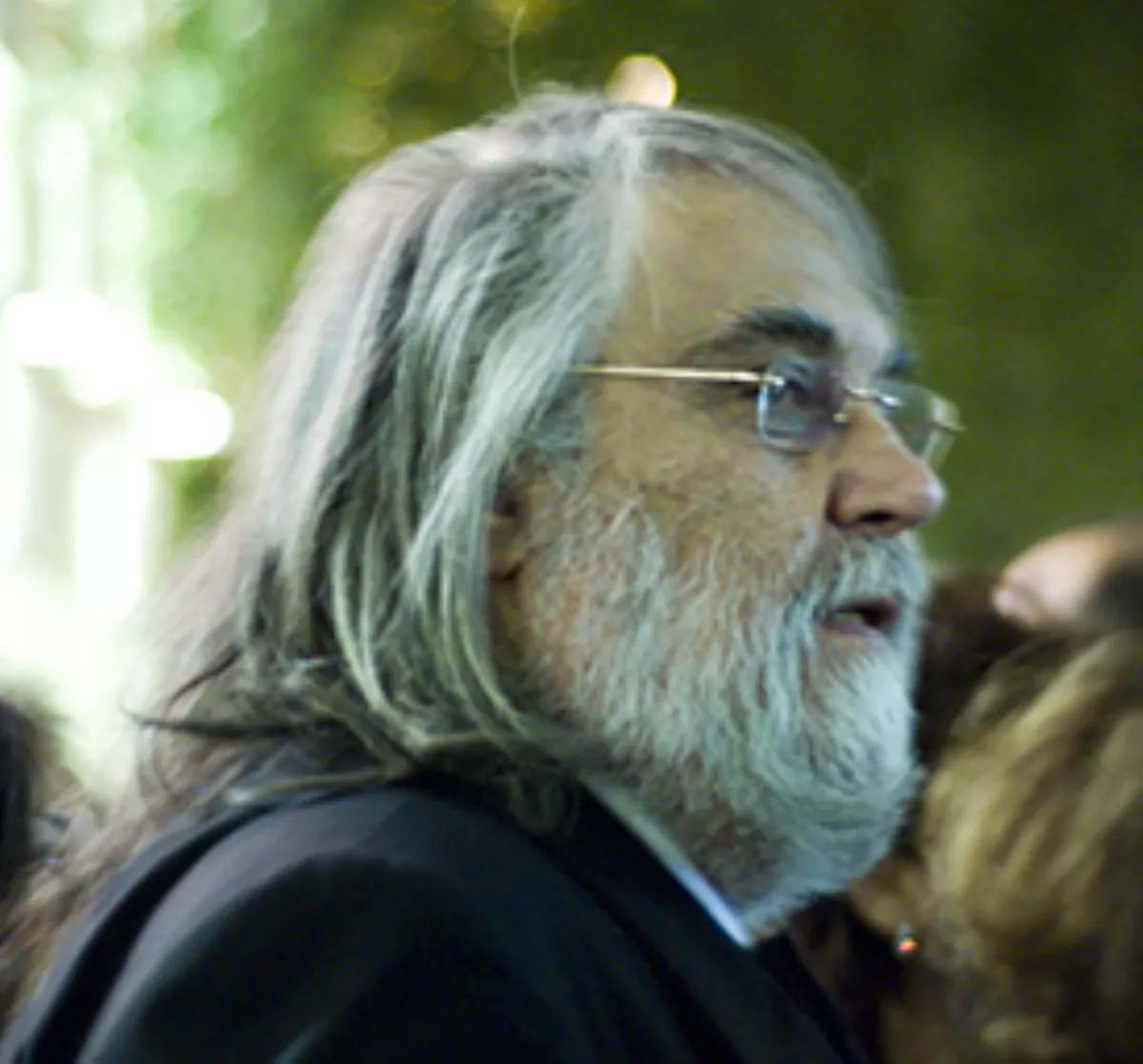 1.
1. Vangelis composed the Academy Award-winning score to Chariots of Fire, as well as for the films Blade Runner, Missing, Antarctica, The Bounty, 1492: Conquest of Paradise, and Alexander, and the 1980 PBS documentary series Cosmos: A Personal Voyage by Carl Sagan.